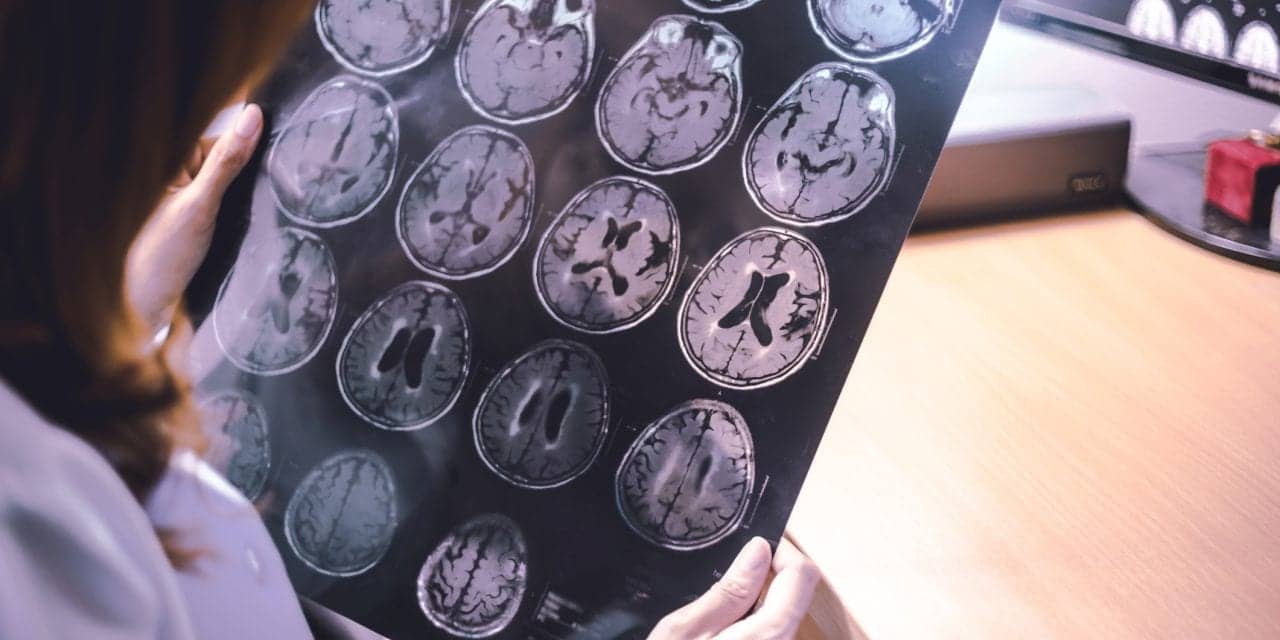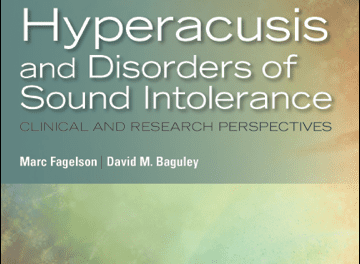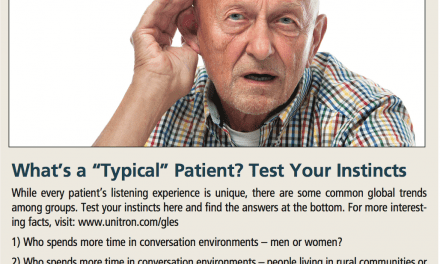Hearing loss has been shown to be linked to dementia in epidemiological studies and may be responsible for a tenth of the 47 million cases worldwide.
Now, published in the journal Neuron, a team at Newcastle University provide a new theory to explain how a disorder of the ear can lead to Alzheimer’s disease—a concept never looked at before. An article summarizing the results of the research appears on the University’s website.
It is hoped that this new understanding may be a significant step towards advancing research into Alzheimer’s disease and how to prevent the illness for future generations.
Key Considerations
Newcastle experts considered three key aspects; a common underlying cause for hearing loss and dementia; lack of sound-related input leading to brain shrinking; and cognitive impairment resulting in people having to engage more brain resources to compensate for hearing loss, which then become unavailable for other tasks.
The team propose a new angle which focuses on the memory centers deep in the temporal lobe. Their recent work indicates that this part of the brain, typically associated with long-term memory for places and events, is also involved in short-term storage and manipulation of auditory information.
They consider explanations for how changes in brain activity due to hearing loss might directly promote the presence of abnormal proteins that cause Alzheimer’s disease, therefore triggering the disease.
Professor Tim Griffiths, from Newcastle University’s Faculty of Medical Sciences, said: “The challenge has been to explain how a disorder of the ear can lead to a degenerative problem in the brain.
“We suggest a new theory based on how we use what is generally considered to be the memory system in the brain when we have difficulty listening in real-world environments.”
Collaborative Research
Work on mechanisms for difficult listening is a central theme for the research group, including members in Newcastle, UCL, and Iowa University, that has been supported by a Medical Research Council program grant.
Dr Will Sedley, from Newcastle University’s Faculty of Medical Sciences, said: “This memory system engaged in difficult listening is the most common site for the onset of Alzheimer’s disease.
“We propose that altered activity in the memory system caused by hearing loss and the Alzheimer’s disease process trigger each other. Researchers now need to examine this mechanism in models of the pathological process to test if this new theory is right.”
The experts developed the theory of this important link with hearing loss by bringing together findings from a variety of human studies and animal models. Future work will continue to look at this area.
Original Paper: Griffiths TD, Lad M, Kumar S, et al. How can hearing loss cause dementia? Neuron. 2020;108.1-12.
Source: Newcastle University, Neuron






I would like to address that there may be an over view, hypothetical, to examine as well. Since you feel you are this far, and you talk about hearing loss, rather than deafness, I would surmise these are people who at one time could hear. Since you don’t imply that born deaf people are part of the study, who learn that adjustment in early life, that it is the later life transition to a brain/ neurological configuration of hearing loss from use of the hearing brain areas, that you wish to study. ( that should give you a jump a few years ahead, if you either add that to your primary study and/or start a separate study to that effect, the retraining transition ‘hump’ if you will as opposed to a person who who always trained for the condition. Hopefully, you will find methods to assist both classes of individuals, the born deaf and the later life hearing loss/ transitioning brain people.
Thank You Sincerely for taking this path in your life of helping people in general and ‘Us’ in particular.
🙂
0:-)}
T.E.H.